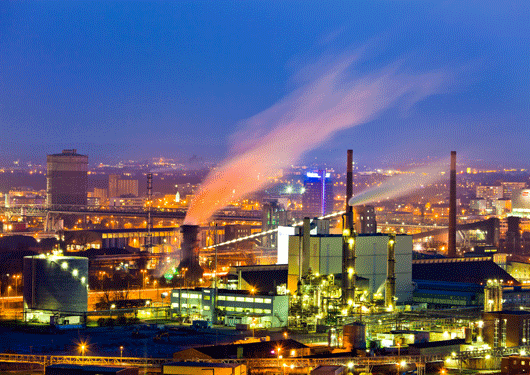
Visit Our Sponsors |
|
|
|
|
|
|
|
|
|
|
|
|
|
|
|
|
|
|
|
|
|
|
|
|
|
|
|
|
|
|
|
|
|
|
|
|
|
|
|
|
|
|
|
|
|
|
|
|
|
|
|
|
|
|
|
|
|
|
|
|

The Union set up the E.T.S. in 2005 to send a clear signal to electric utilities and other polluters that over time they needed to switch to cleaner energy sources and adopt innovative anti-pollution technology. But current prices, the equivalent of less than $7 a ton, are too low to encourage much of anything.
Under the E.T.S., polluters like utilities and steel companies are allocated some carbon allowances. They buy more permits at auction if they need them. If, at the end of the year, they do not have enough permits to cover their emissions, they face heavy fines. The total number of permits is scheduled to tighten each year, and the proportion of credits that companies must pay for, rather than receive free, is also supposed to rise. The intended result of this system is that carbon will be progressively squeezed out of the economy.
But amid Europe's economic malaise, many companies have chopped back production, leaving them with excess allowances.
Read Full Article
RELATED CONTENT
RELATED VIDEOS
Timely, incisive articles delivered directly to your inbox.







